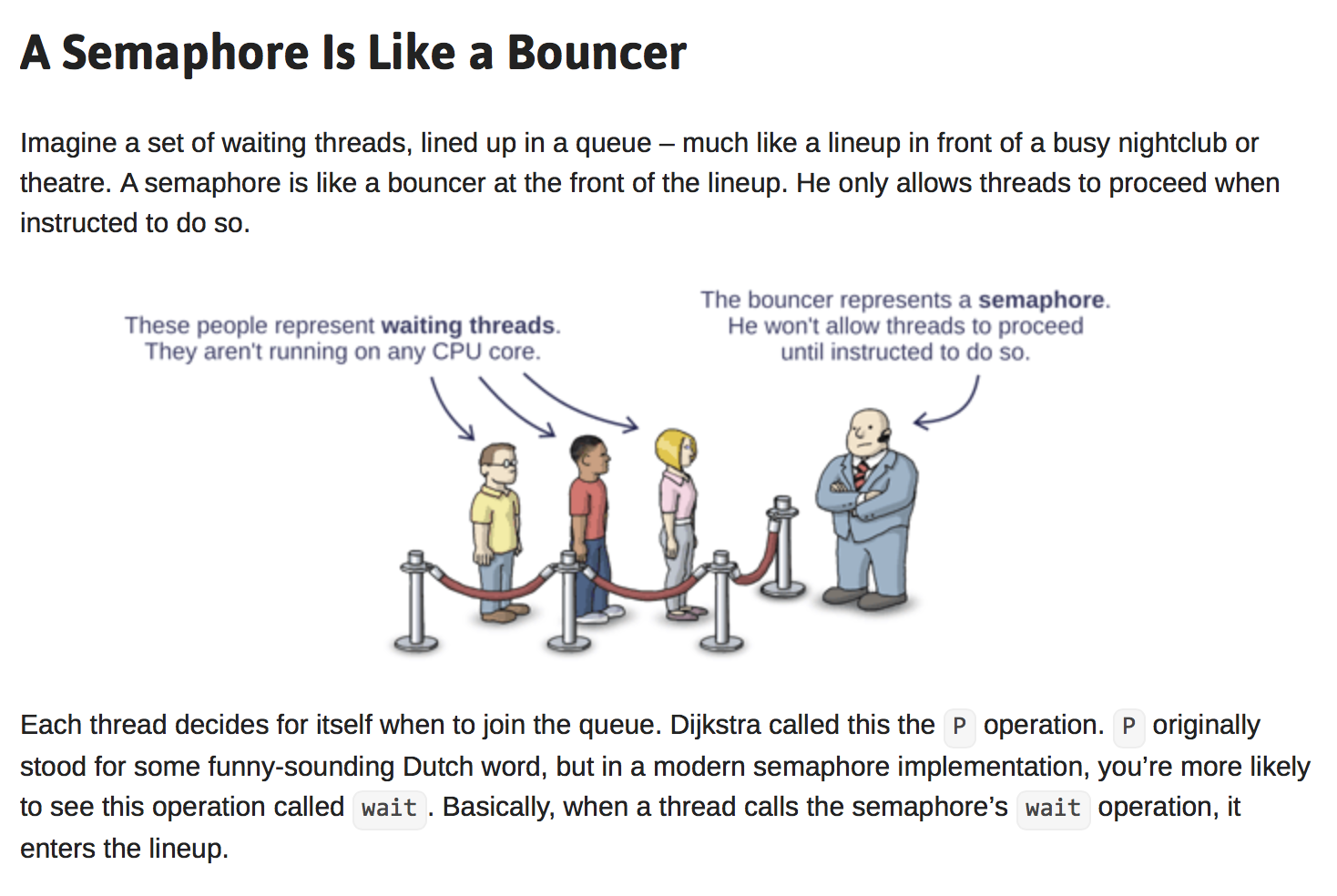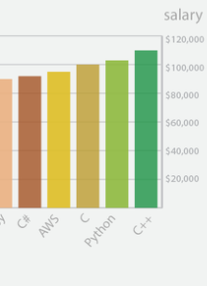Range comprehensions with C++ lazy generators -- Paolo Severini
From a totally unnecessary blog (we beg to differ):
Range comprehensions with C++ lazy generators
by Paolo Severini
From the article:
Lazy evaluation is a powerful tool and a pillar of functional programming; it gives the ability to construct potentially infinite data structures, and increases the performance by avoiding needless calculations ...
... Functional languages like Haskell have the concept of list comprehensions ... In C#, of course, we have LINQ ... It would be nice to have something similar in an eager language like C++ ... now the lazy, resumable generators proposed by N4286 seem perfect for this purpose ... We can use the VS2015 CTP prototype to experiment with this idea ...

 While we wait for CppCon 2015 in September, we’re featuring videos of some of the 100+ talks from CppCon 2014. Here is today’s feature:
While we wait for CppCon 2015 in September, we’re featuring videos of some of the 100+ talks from CppCon 2014. Here is today’s feature:
